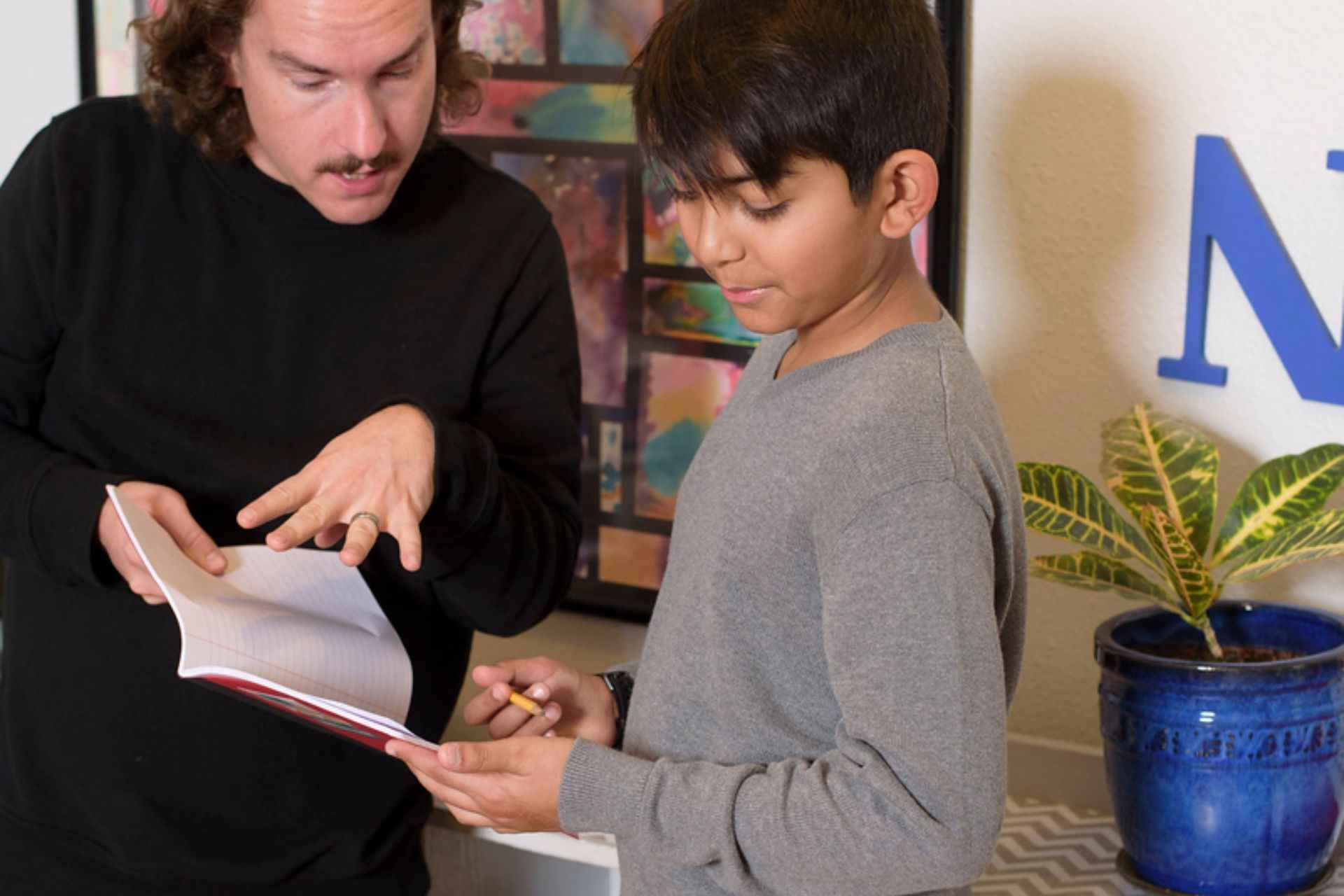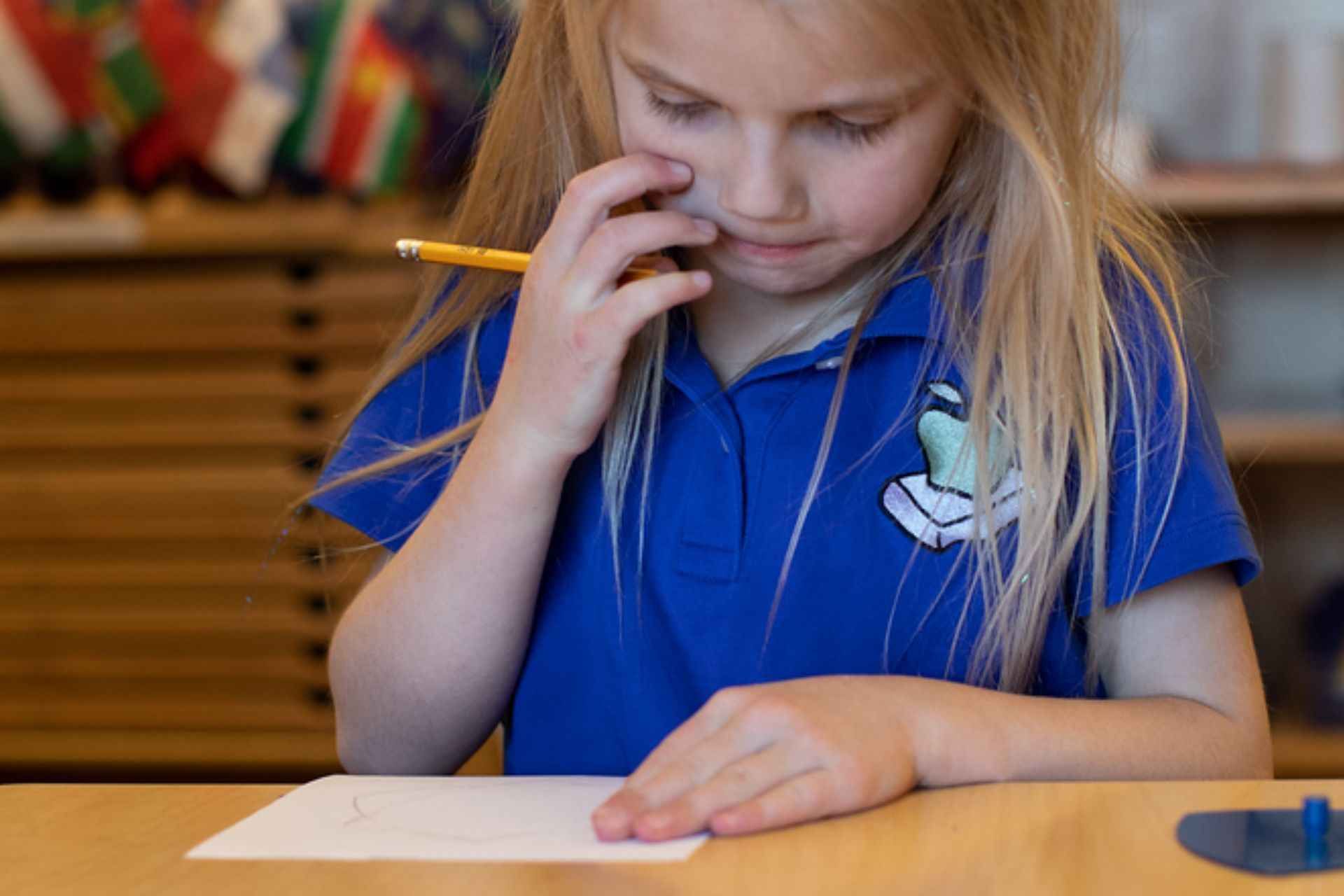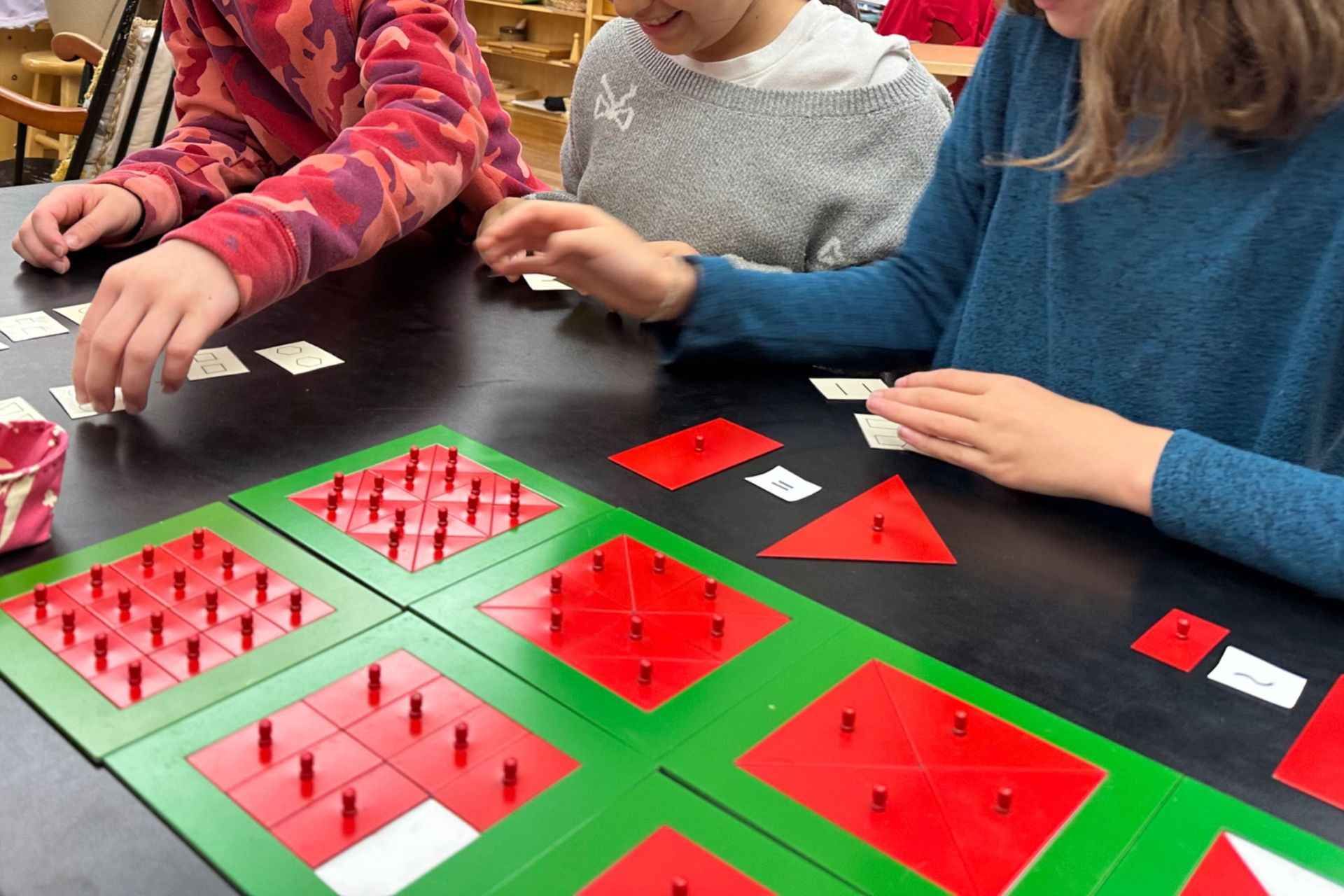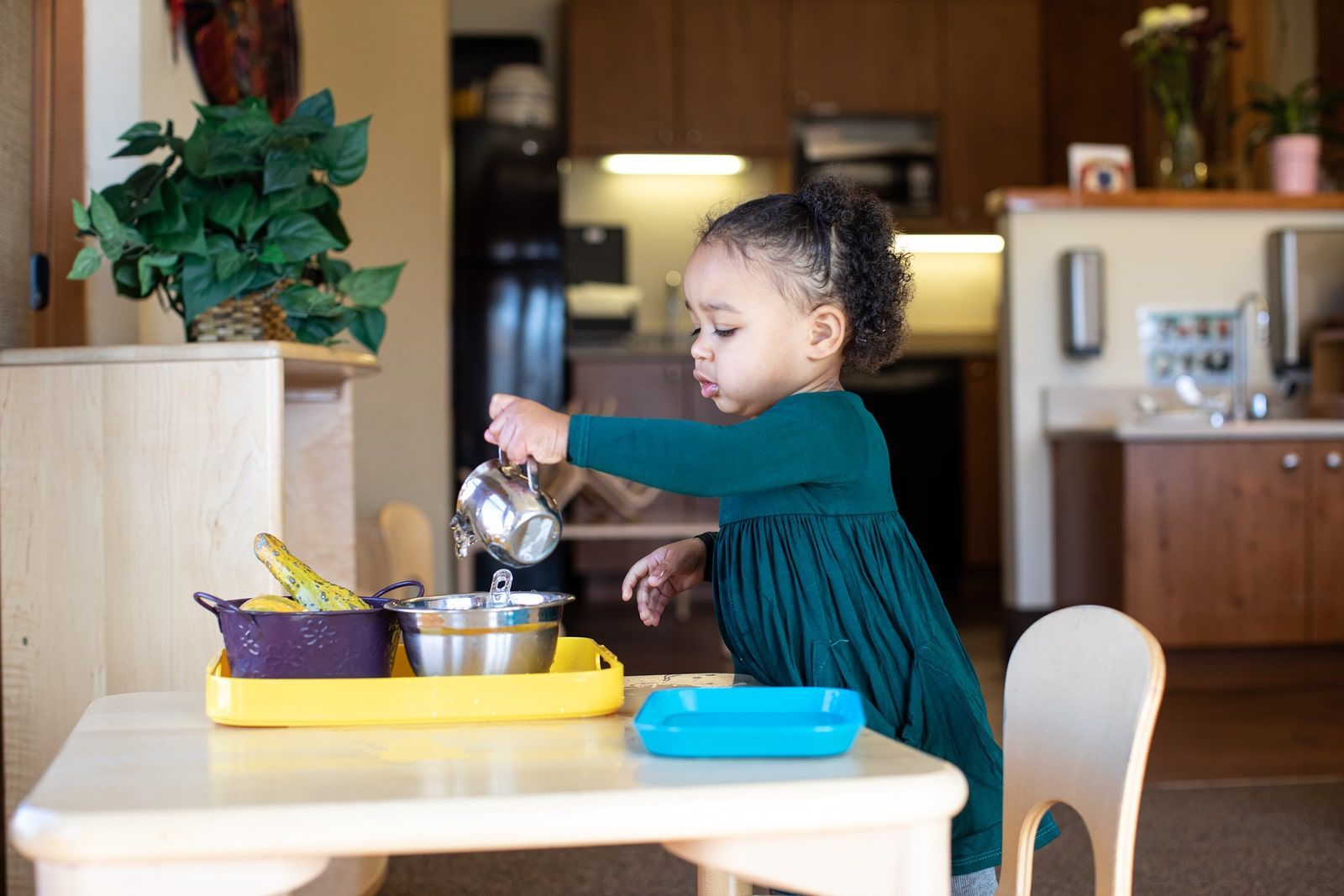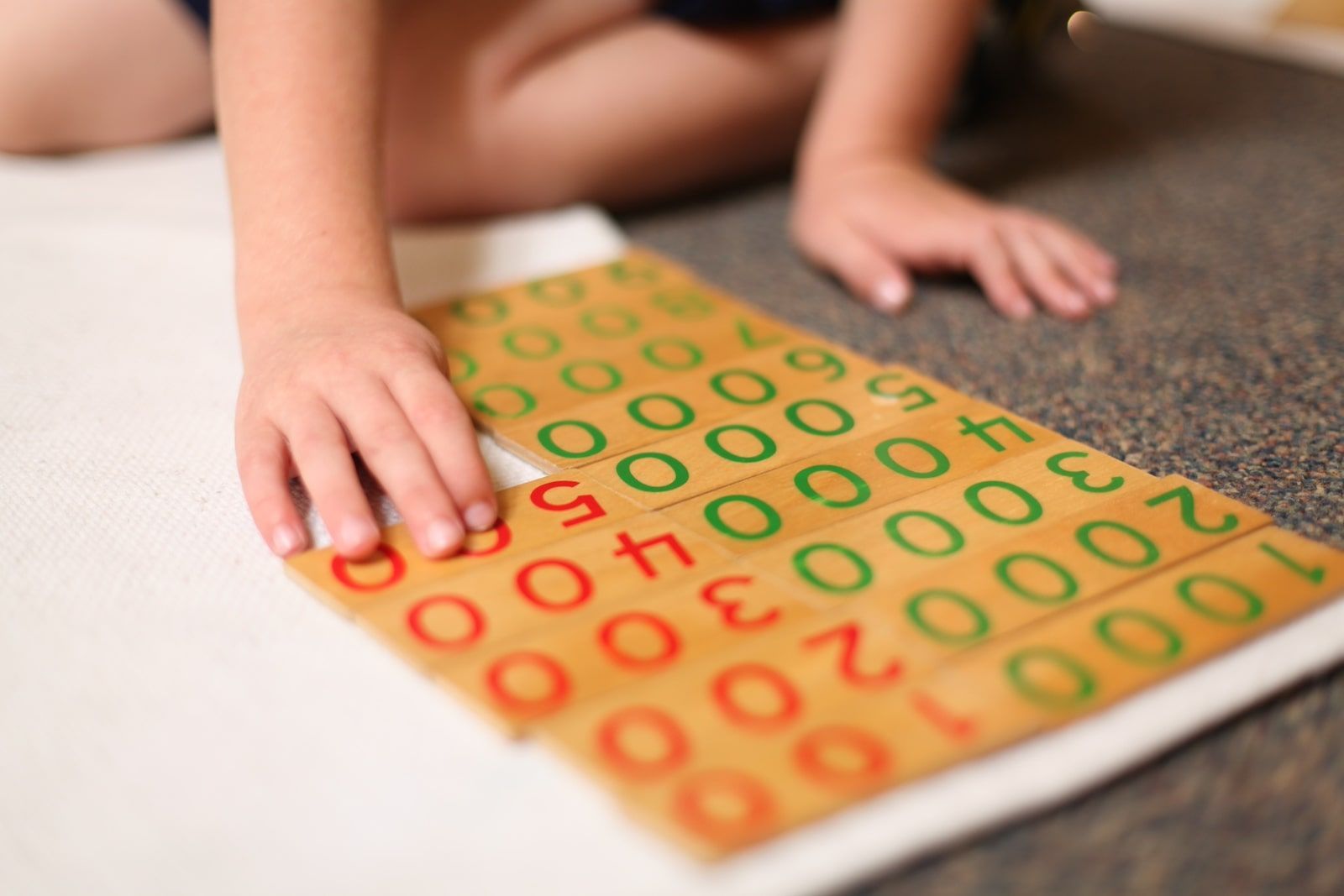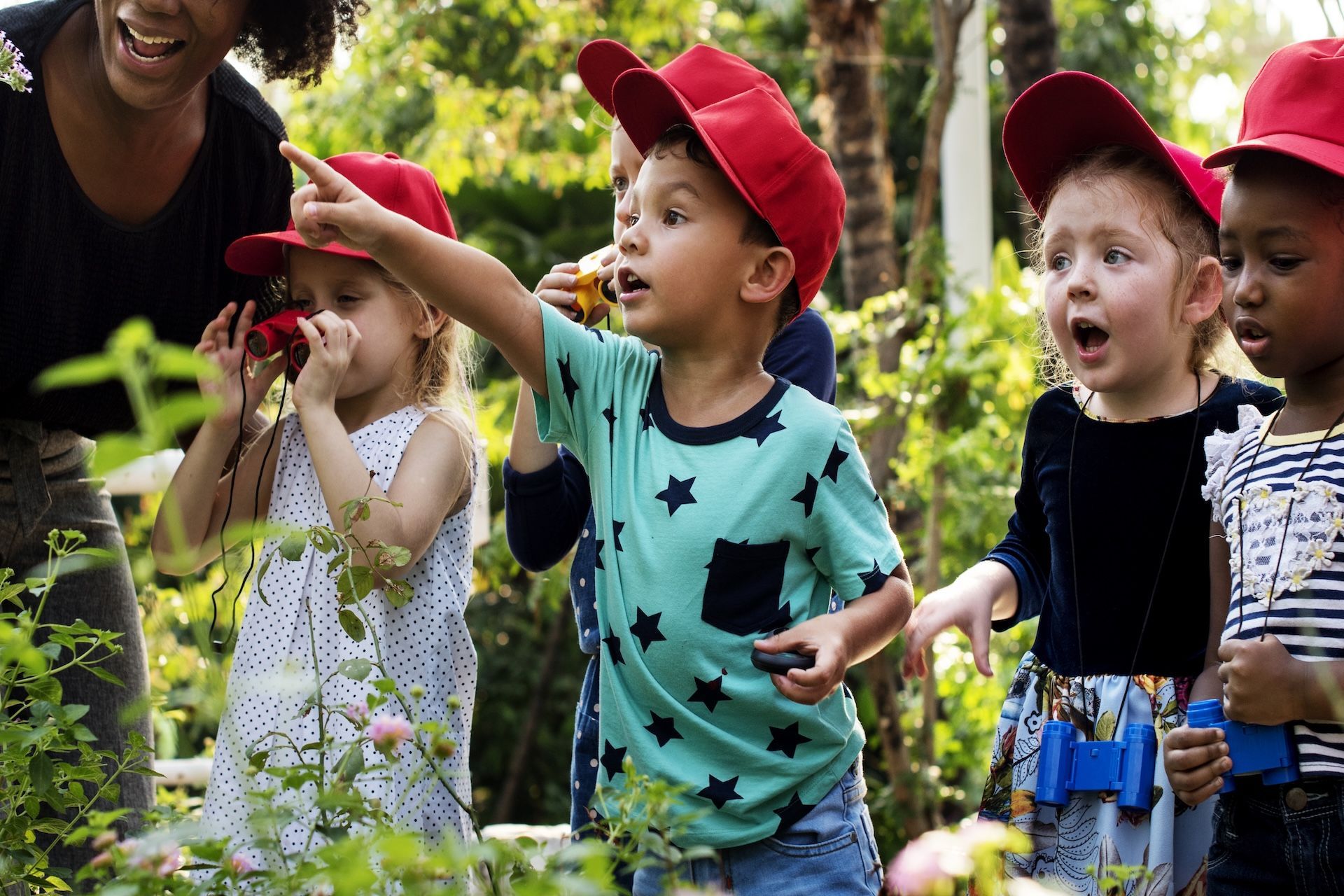Raising Children Who Choose with Purpose
Montessori nurtures the will as a vital life force, guiding children from impulse to conscious choice, fostering independence, responsibility, and purposeful action.
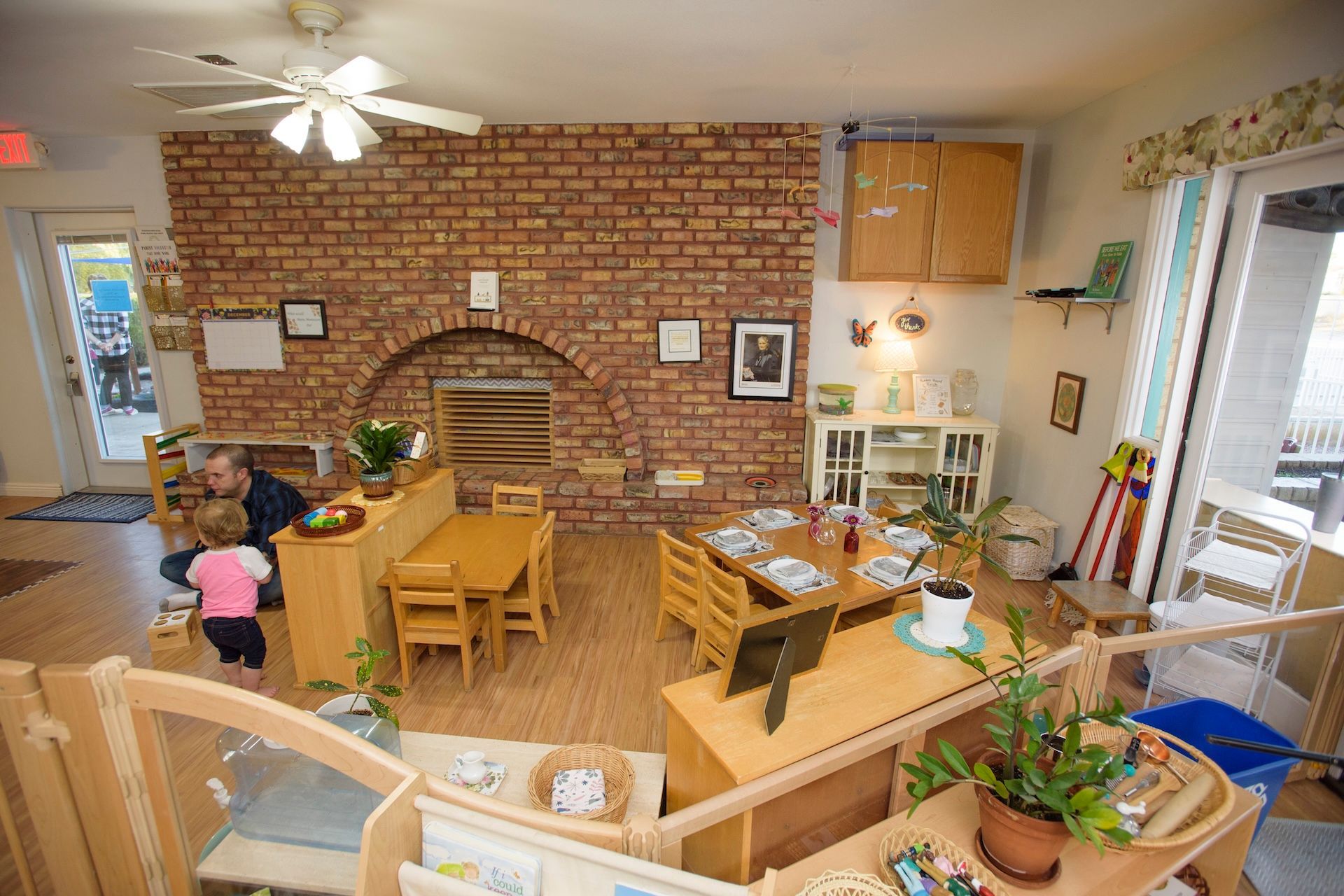
In our culture, we often think of “will” in terms of willpower—gritting our teeth to do something difficult or pushing ourselves to achieve a goal. But in the Montessori approach, the will is something far more profound. We understand that, rather than being about discipline or determination, the will is the very force that propels children forward in life, guiding them from unconscious action to conscious choice.
In Montessori, supporting the development of the will is a significant part of our work. It is through this development that children become truly independent, capable of acting thoughtfully, responsibly, and with purpose.
What Is the Will?
Dr. Montessori described the will as a universal force of life. Like memory or language, it is part of our cognitive development, something we are born with and must nurture. It isn’t created. It’s cultivated. And like our muscles, the will grows stronger through repeated use and practice.
From birth, children are guided by natural instincts and unconscious drives, which create windows of opportunity in their development. Around age four or four and a half, those internal motivators begin to fade. That’s when the will begins to take over and become the children’s primary internal guide. At this stage, children start to act not just out of impulse, but from conscious decision-making.
The Four Stages of Will Development
Montessori described four stages in the development of the will:
Instinctual behaviors: These are the reflexes of infancy, such as rooting, suckling, grasping, and crying. They are unconscious and essential for survival.
Deliberate actions: Soon, babies begin to act with intention. We see this as they turn their head toward a voice or reach for a toy. These actions, while still not entirely rational, demonstrate a developing sense of cause and effect.
Voluntary actions: As children grow, they begin to make intentional choices, and this is when their will really begins to form. When children choose which snack to eat, which material to use, or whether to carry a tray with two hands, they are practicing using their will.
Conscious actions: Around age four and a half, children’s motivation increasingly comes from within. The choices they make are guided by thought, deliberation, and understanding.
The Role of the Environment
The will develops through experience. This means children’s environment, and how they’re allowed to interact with it, plays a central role.
Montessori classrooms are designed to give children opportunities to make real choices and experience natural consequences. This freedom, within clear boundaries, helps children learn how to act with purpose and to reflect on their actions.
By giving children appropriate levels of choice—“Would you like to carry the tray or the underlay?” “Do you want to walk by yourself or hold my hand?”—we offer them chances to practice decision-making in manageable ways. And every time children make a choice, they are exercising their will.
Balancing Impulse and Inhibition
Dr. Montessori also spoke of two fundamental forces in all of us: impulse and inhibition. Young children are often driven by impulse, an intense curiosity to act, explore, and move. That being said, they must also learn how to regulate those impulses.
The will is what helps children find balance. It allows them to move from reacting to choosing. In a well-prepared environment, children develop the capacity to think, “I want to do this…but should I?”
This balance supports their formation of character. We don’t want children to become compliant. Instead, we want them to develop their internal strength to persist, overcome challenges, and act with integrity. Today, we might call this “grit,” but over a century ago, Dr. Montessori recognized it as the outcome of a well-developed will.
Obedience: A Natural Outcome
Montessori’s approach to discipline is often misunderstood. In many traditional systems, obedience is demanded early, sometimes before the child is developmentally capable of giving it. But Montessori believed that internal discipline is a choice, and a well-developed will must support that choice.
She described three stages of obedience:
Children cannot obey: They do not yet have the control or skills to carry out a request.
Children can obey sometimes: As abilities grow, children can follow directions, but not consistently.
Children choose to obey joyfully: They align their will with the will of trusted adults out of love, respect, and understanding.
At this highest level, obedience isn’t about power or fear. Rather, it’s about harmony and mutual respect. But to reach it, children must first be allowed to develop their own will.
Why It Matters
The development of the will is not about producing obedient children or compliant workers. It’s about raising thoughtful, capable individuals who understand themselves, make choices with care, and live harmoniously within a community.
The Montessori approach offers something radically different: an environment where children can grow into themselves with dignity, strength, and self-direction. Schedule a tour to learn more!

